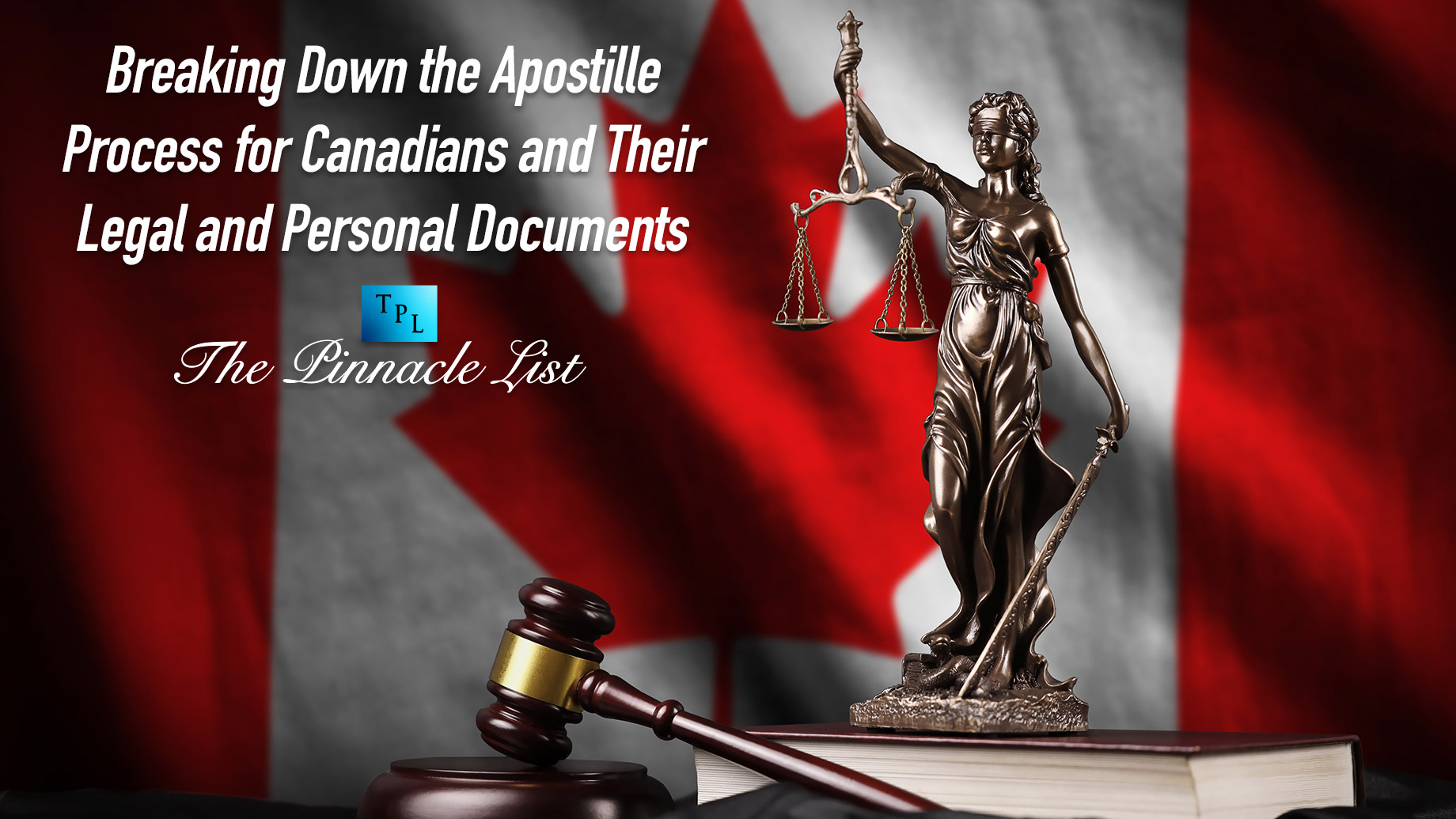
Canada joined the Hague Convention in 2024, marking a significant change in how documents are legalized. The introduction of the apostille process streamlines the authentication of international documents for Canadians, making cross-border transactions faster and more efficient. This shift aligns with broader efforts to modernize legal processes and strengthen global connections, benefiting individuals and businesses alike.
Additionally, it impacts personal matters such as education, marriage, and employment verification abroad. The Apostille process is explained step by step, covering the types of documents that qualify and practical steps for obtaining an Apostille. Key improvements over the previous legalization system are also highlighted, ensuring Canadians are well-prepared for this important transition.
The Basics of the Apostille Convention
The Apostille Convention makes it easier to authenticate documents for international use, replacing the old, complicated legalization process. Established by the Hague Convention of 1961, an apostille, such as an apostille Regina, verifies the authenticity of signatures on public documents like birth certificates or diplomas for use in other member countries. For Canadians, who joined in 2024, this means quicker and simpler international transactions.
The apostille is accepted in over 120 countries, removing the need for validation through foreign embassies or consulates. This saves time, money, and reduces the hassle of handling cross-border issues. On a larger scale, the Apostille Convention encourages global cooperation by creating a system built on trust and efficiency.
Types of Documents Eligible for Apostille
Canadians can use the apostille process under the Hague Convention to make various documents valid internationally. Personal documents like birth certificates, marriage licenses, and divorce decrees can be apostilled, ensuring they are recognized abroad. Educational documents such as degrees and transcripts can also be apostilled, which is important for studying or working in other countries.
Legal and commercial documents like power of attorney, court rulings, and business contracts can be apostilled too, making international business and legal matters easier. This process helps Canadians ensure their important documents meet global standards, offering peace of mind for travel or work abroad.
The Apostille Process Step-by-Step for Canadians
Handling the apostille process for Canadians involves a few simple but important steps to get your documents authenticated for international use. Start by identifying which documents need an apostille, making sure they are originals or certified copies. Then, gather any necessary ID or extra paperwork required by the issuing agency.
Submit your documents to the correct provincial or territorial authority in Canada that deals with apostille requests; this varies by region, so double-check the details beforehand. You might need to pay a fee, and processing times can differ, so plan ahead. Once submitted, your documents are verified, and if everything is in order, an apostille is attached, certifying them for use in other Hague Convention countries. Finally, you’ll receive your apostilled documents, ready for international use.
Comparing Apostille with Previous Legalization Methods
The apostille process offers a major improvement over the old legalization methods in Canada, especially in terms of speed and convenience. Before the apostille system, Canadians had to go through a long and complicated process of getting documents authenticated by the government and consulates, involving several steps and delays.
The apostille simplifies this into a single, easy certification recognized by over 120 countries. It also reduces paperwork significantly—each document used to need separate validation by different authorities, increasing both effort and cost. Now, the apostille process cuts down wait times, turning what once took weeks into just days or even hours, making international dealings faster. It’s also more affordable, removing many of the extra fees from consular services.
Practical Tips for Canadians Managing the Apostille Process
To handle the apostille process smoothly, Canadians should focus on preparation and staying informed to avoid common issues. First, check that your documents are eligible for apostille, as not all qualify under the Hague Convention. Make sure to confirm the specific requirements and processes in your province or territory, as they can vary across Canada. Doing this can help you avoid unexpected problems. It’s a good idea to consult with the appropriate office to understand what documents and fees are needed.
If you’re on a tight deadline, consider using special courier services for faster, safer delivery. Be aware of busy periods that may delay processing, and plan ahead. Keep copies of both your original and apostilled documents in case of loss. Finally, stay updated on any changes to provincial or national guidelines to ensure a smooth experience when authenticating your documents for international use.
Canada’s adoption of the apostille process in 2024 marks a transformative shift in document legalization, streamlining international transactions for both individuals and businesses. This simplified method significantly reduces the time and effort required to authenticate important documents, making cross-border activities like education, employment, and trade more accessible. By aligning with international standards, Canada improves its global connections while making it easier for citizens to manage their personal and professional dealings abroad. The apostille process represents a more efficient, cost-effective solution, offering Canadians an improved system for managing the specifics of international document verification.